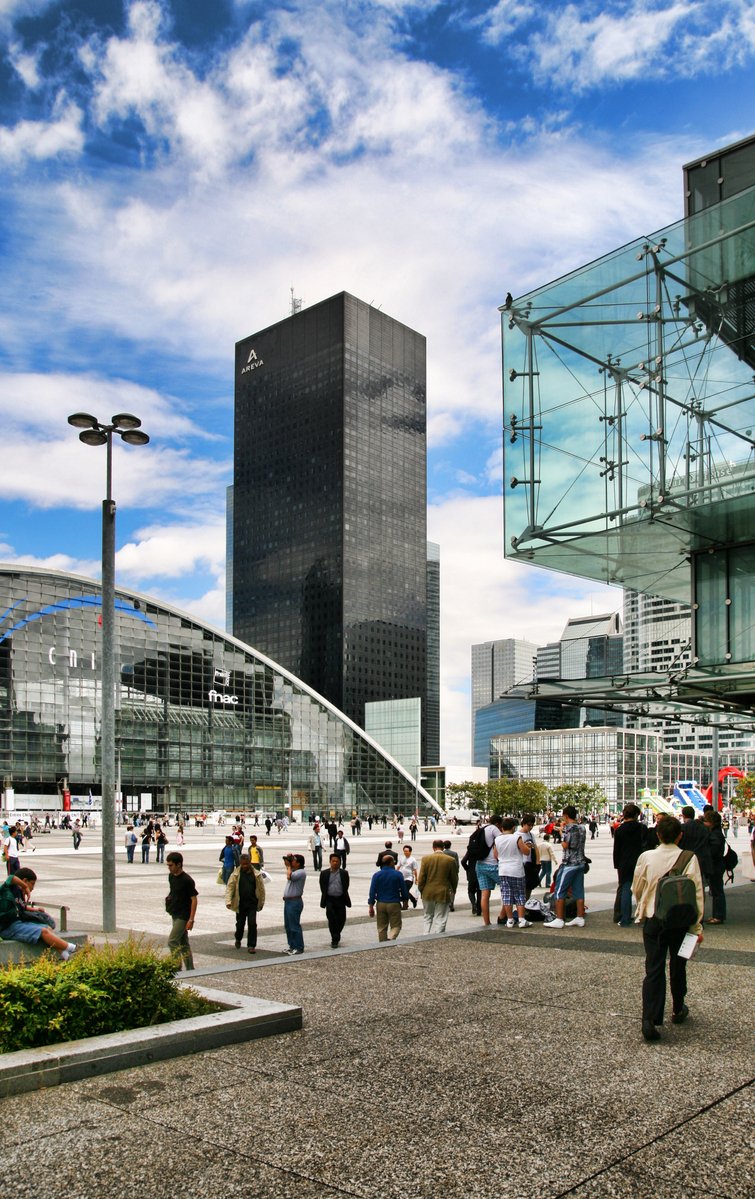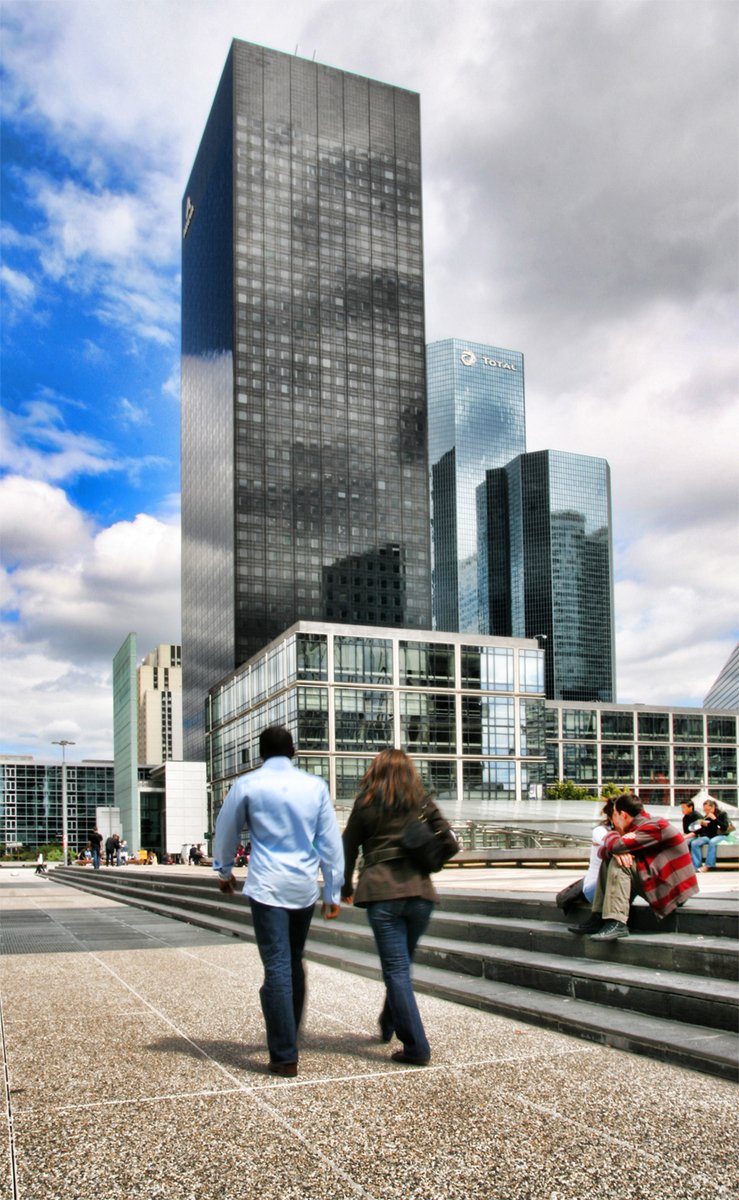

NOWADAYS, whenever you pick up the phone and call some company the line is likely to be diverted to somebody's home, even if it's some remote callcenter's worker's apartment in a distant continent. This is 2020. Nothing makes much sense, not going by traditional common sense and logic.
"The whole "clown computing"/subscription model may seem attractive when it can be imposed on everyone inside some office; but when workers are working remotely it's difficult to enforce the use of particular configurations, software etc."Now that many people work from home, some permanently (there's a bunch of news reports about companies that do not plan to come back to a central workplace), it's time to rethink the old modes of software development, distribution and support. Those things aren't just changing temporarily. The whole "clown computing"/subscription model may seem attractive when it can be imposed on everyone inside some office; but when workers are working remotely it's difficult to enforce the use of particular configurations, software etc. It's definitely very difficult to police that (e.g. staff making local copies of highly sensitive data). The "BYOD" mindset is becoming universal; unless they come up with Chinese-like regimen and visit workers' homes at random times for an invasive audit.
This seemingly (on a shallow level) "anarchic" nature of work, which may actually prove to be less authoritarian because there's no boss over one's shoulder, presents a huge opportunity to Free software. The FSF has been busy writing about doing online 'events' (webstreams) using Free software, having just cross-posted in a site called OpenSource.com (apparently it's considered OK now), but what about the future of work?
"People who became accustomed to working (if not living) in 'glass and metal cages' or 'open offices' that resemble human farms may never have to return to that mode of employment."At home we use only Free software. There are minor exceptions like Wi-Fi firmware (hardware's fault), but we're able to do all our work without proprietary software. The European Patent Office (EPO) now imposes Microsoft's proprietary software on most staff, but that's just typical tyranny or corruption from António Campinos -- like Benoît Battistelli. It would not shock us if they receive bribes (kickbacks) for doing so... Microsoft still does this nonchalantly.
People who became accustomed to working (if not living) in 'glass and metal cages' or 'open offices' that resemble human farms may never have to return to that mode of employment. If they regain their prior employment status at all...

"I happened to learn from a reliable source that equipment used by Microsoft employees at home is merely loaned. The employees are used (or exploited) like 'serfs' that the employer can contact 24/7 and keep working until midnight (if there's some "deadline" or another excuse)."Free software enthusiasts already are in a position of advantage because few true Free software projects are developed in a physically centralise fashion. They don't "drive to the office" and their expenses are generally low. To them, with few exceptions, little will change. The disruption, the agony etc. will affect companies like Facebook and Microsoft. No longer can they say things like, "choose us because we're professional and have physical offices..."
The pandemic strikes hard and changes profoundly the status quo of business, not the underlying activities which have long been carried out by communities online. Some make the argument that powerful companies will only become more powerful during the crisis, but those people typically allude to Amazon as courier (taking advantage of physical stores being shut) and surveillance monsters like Facebook taking advantage of bored people who cannot physically meet other people.
Whether one looks forward to "going back" (leaving home) to "work" (some remote office, away from home) depends on factors like number of kids -- if any -- as well as accommodation type and job type. I happened to learn from a reliable source that equipment used by Microsoft employees at home is merely loaned. The employees are used (or exploited) like 'serfs' that the employer can contact 24/7 and keep working until midnight (if there's some "deadline" or another excuse). Working for such companies is extremely unattractive a proposition at these times... EPO workers have expressed similar displeasure.
"In terms of operating systems, Windows is at 33.1%, surpassed by Android, which together with GNU/Linux accounts for well over 40% of the market."Apple is suffering. Microsoft merely pretends not to suffer (they're good at pretending) and GNU/Linux is said to have almost doubled its share since the lock-downs began (so said a company close to Microsoft).
According to StarCounter (which uses GitHub but isn't generally known to be in Microsoft's pocket), Chrome now enjoys 62.48% market share followed by Safari (19.94%), Firefox (4.21%), Samsung Internet (3.4%), Edge Legacy (2.23%), UC Browser (1.97%). Yes, notice where Microsoft fits in... now that many people use mobile devices. In terms of operating systems, Windows is at 33.1%, surpassed by Android, which together with GNU/Linux accounts for well over 40% of the market. This is no laughing matter as the Windows share keeps decreasing over time.
Net Applications keeps telling us Microsoft has over 90% in "market share" as if phones and tablets don't exist... not even Chromebooks! ⬆